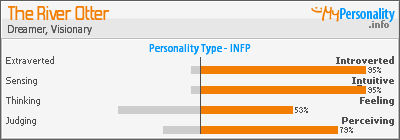Last year I did a river cleanup with some coworkers, one of whom brought her toddler along. We were walking together when his sippy cup fell to the ground. I picked it up for her, and said, "You better clean it off. It got some schmutz on it." The word, even as I said it, startled me. Where had that word come from? I had no idea how I even knew it, much less said it.
Fast forward to a month ago. My dad got some German books and started studying the language to prepare for an upcoming trip. So, I did what any helpful offspring would do and picked up "Getting along in German" from the thrift store (an auspicious find, as Germans are known for thrift). There it is: schmutz, dirt; schmutzig, dirty. In between the fact that English itself is derived in large part from Anglo-Saxon, which is a Germanic language; the German-flavored history of Milwaukee where I grew up (with our Teutonic place names and surnames); and, in my specific case, having been steeped in staunch Lutheranism, somehow many of the words look and sound comfortably familiar. (Schnecks, anyone? Or delicious butterkuchen? Sitten zie down and have some.) So achtung! You too may find yourself sprechen more Deutch than you realize.
Subscribe to:
Post Comments (Atom)



5 comments:
You think you're Daniel Tammet or something.
LOL
Not at all.
Schmutz might be Yiddish, though...Still, MKE is full of bad Germanisms. Case in point: "Want to come with?"
Yiddish absorbed words from several languages but it mostly derived from German. But I initially thought "Yiddish!" too.
I use schmutz all the time!
Post a Comment